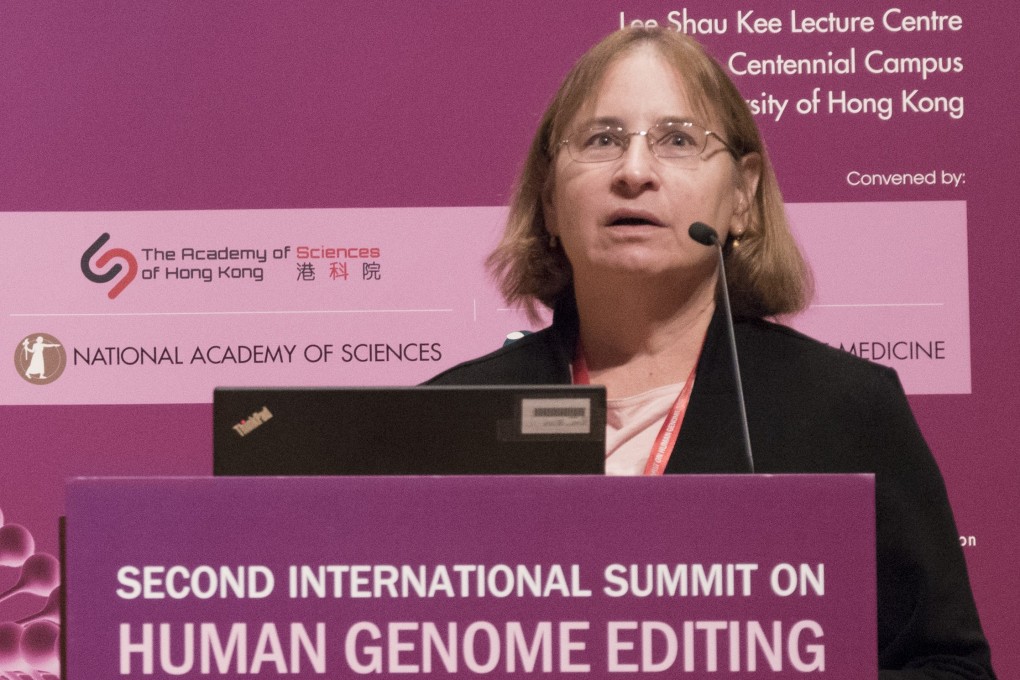Editorial | Brave new steps of Shaw Prize winner
- Work of US professor on the treatment and prevention of cancer shows how gene-editing can raise the quality of life for so many when ethical concerns are addressed

Gene-editing holds great promise for the future of medicine, but it also presents potential perils and serious ethical concerns. The awarding of the Shaw Prize in life science and medicine to a pioneering biologist whose basic research underpins this new technology is an occasion for both celebration and reflection.
Maria Jasin, medical sciences professor at Cornell University in the United States, helped lay the foundation for the development of the new technology. Her work on tumour suppression opens new ways to treat and prevent cancer. It also followed the worldwide condemnation last year of Chinese scientist He Jiankui, after he announced he had performed the controversial experiment on twin girls by modifying their genes to make them resistant to HIV.
The authorities subsequently penalised He for acting illegally by using a gene-editing technique called CRISPR, and issued a draft regulation to restrict the use of gene editing in humans.
The technique has not been proved safe, and He also violated basic protocols, such as transparency in the purpose and goal of his research. Experts generally agree that his medical intervention with the twins was medically unnecessary. Jasin’s own research focuses on genetic damage. The failure of the body to repair damaged DNA faithfully is now known to be the cause of many human diseases, including cancer and hereditary illnesses. Her work investigates a particular type of genetic repair to damage caused by environmental agents and is fundamental to gene-editing technology.
The Shaw Prize panel of experts was absolutely right not to link her research to genome editing and its ethical concerns. Be that as it may, pioneers such as Jasin are ushering in the brave new world of genome manipulation. People’s quality of life can be vastly improved. However, how does society decide what types of medical intervention are justified and what not? At one extreme are individuals such as He, who favour unrestricted use. On the other, there are those who oppose the whole biomedical concept, denouncing those who study it as trying to play God. Society must find a middle ground where all can work together for the betterment of humanity, rather than discrimination and endangerment.
